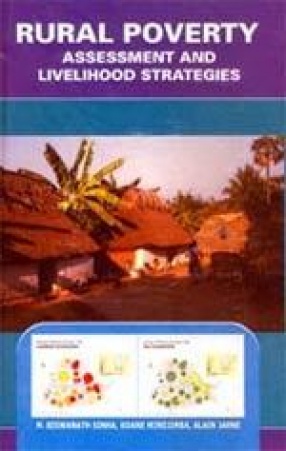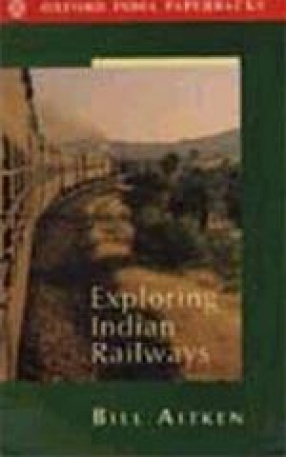Rural Poverty: Assessment and Livelihood Strategies
Synopsis
Poverty has been a subject of much discussions and debates. But poverty itself is not only the single constraining part for the people, particularly in the rural context. Important factors are the vulnerability context in which local communities live and work, and also some of the livelihood strategies they pursue. The approach used in this book, which focuses on the hamlet, describes three dimensions (caste belonging, landownership, and women's illiteracy), while thematic cartography enlightens spatial disparities in development interventions. One of livelihood strategies is Joint Forest Management (JFM). Most forests in tropical countries have undergone gradual destruction and degradation for many years owing to the expanding human and livestock populations, as well as rapid urbanisation and industrialisation. Given the hydrological, ecological and socio-economic role of this natural resource, JFM, a new decentralised, people-oriented programme aims not only to rehabilitate forest degraded lands, but also to bring about more benefits to the local communities in a sustainable manner. The second livelihood strategy has to do with micro-credit through women's Self-Help Groups (SHGs). Indeed, poor and vulnerable groups, particularly women have been subjected to different kinds of exploitation in the absence of economic empowerment and viable local institutions. As the book contends, these two strategies are effective ways of empowering local communities so that they can take responsibility for their own development and destinies on a sustainable basis, improving their livelihoods and hence overcoming their poverty. The book discusses some of the challenges faced in this context. It also strives to foster an understanding of the key issues raised while suggesting a few pathways in this direction to the institutions concerned. The area chosen for this study is Padavedu Panchayat in Tamil Nadu in South India.
Read more
36.00
32.4
$
40.00 $
Free delivery Wolrdwidе in 10-18 days
Ships in 2-4 days from New Delhi
Membership for 1 Year $35.00
Get it now and save 10%
Get it now and save 10%
BECOME A MEMBER







Bibliographic information
Koane Mindjimba
Alain Jarne